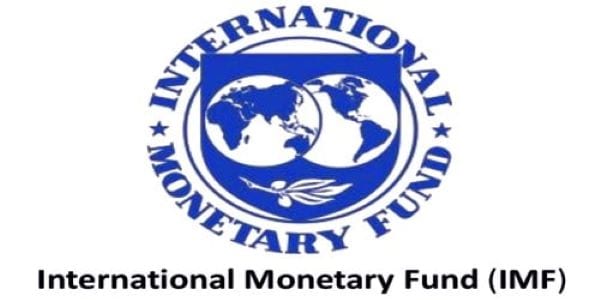The International Monetary Fund has remarked that the Nigerian economy is ‘’gradually’’ recovering from the hard-biting impact of the COVID-19 pandemic, although policymakers have to be wary of rising inflation and unemployment.
This finding is contained in the recent IMF’s End-of –Mission statement issued from its headquarters in Washington, D.C. The statement was part of preliminary findings, sequel to the virtual meeting between the staff of IMF and the Nigerian authorities.
The IMF team led by Ms Jesmin Rahman critically assessed key macroeconomic variables in Nigeria. It added that among other things, the recent exchange rate measures were encouraging and further reforms were needed to achieve a fully unified and market clearing exchange rate. Commenting further the team said: ‘’ The Nigerian economy has started to gradually recover from the negative effects of the COVID-19 global pandemic.
“Following sharp output contractions in the second and third quarters, GDP growth turned positive in fourth quarter 2020 and growth reached 0.5 per cent (year-over-year) in first quarter 2021, supported by agriculture and services sectors.
“Nevertheless, the employment level continues to fall dramatically and, together with other socio-economic indicators, is far below pre-pandemic levels.
“Inflation slightly decelerated in May but remained elevated at 17.9 per cent, owing to high food price inflation.
“With the recovery in oil prices and remittance flows, the strong pressures on the balance of payments have somewhat abated, although imports are rebounding faster than exports and foreign investor appetite remains subdued resulting in continued foreign exchange shortage.”
READ: Nigeria Economy Can’t Fully Recover Before 2022 – IMF
Additionally, IMF noted that inflation is expected to remain higher in 2021, although likely to decelerate in the second half of the year to reach about 15.5%, following removal of border controls and the elimination of base effects from elevated food price levels.
In light of this, the team urged policy makers to strengthen tax administration, in a bid to mobilise additional revenue and help address priority spending pressure. Laying credence to this assertion, an abstract of the report read: ‘’ The mission urged the authorities to keep reliance on the Central Bank of Nigeria (CBN) overdrafts for deficit financing within legal limits.
”The mission also advised the government to continue to make efforts to strengthen budget planning and public finance management practices to allow for flexible financing from domestic markets and better integration of cash and debt management,” it stated
Finally, IMF recommended integrating the interbank and debts markets, using government bills of short maturity as the main liquidity management tool, instead of cash reserve requirements. The team stated that: ‘’The banking sector remains liquid and well-capitalized while non-performing loans (NPLs) are contained.
“The extension of the moratorium on principal payments of qualifying credit facilities on a case-by-case basis through March 2022 should be limited to viable debtors with strong pre-crisis fundamentals.
“CBN stress tests purport that the banking system would remain adequately capitalised except in case of a severe deterioration of credit quality.“Nevertheless, it remains to be seen what share of forborne loans may turn non-performing as the impact of the pandemic abates.”

